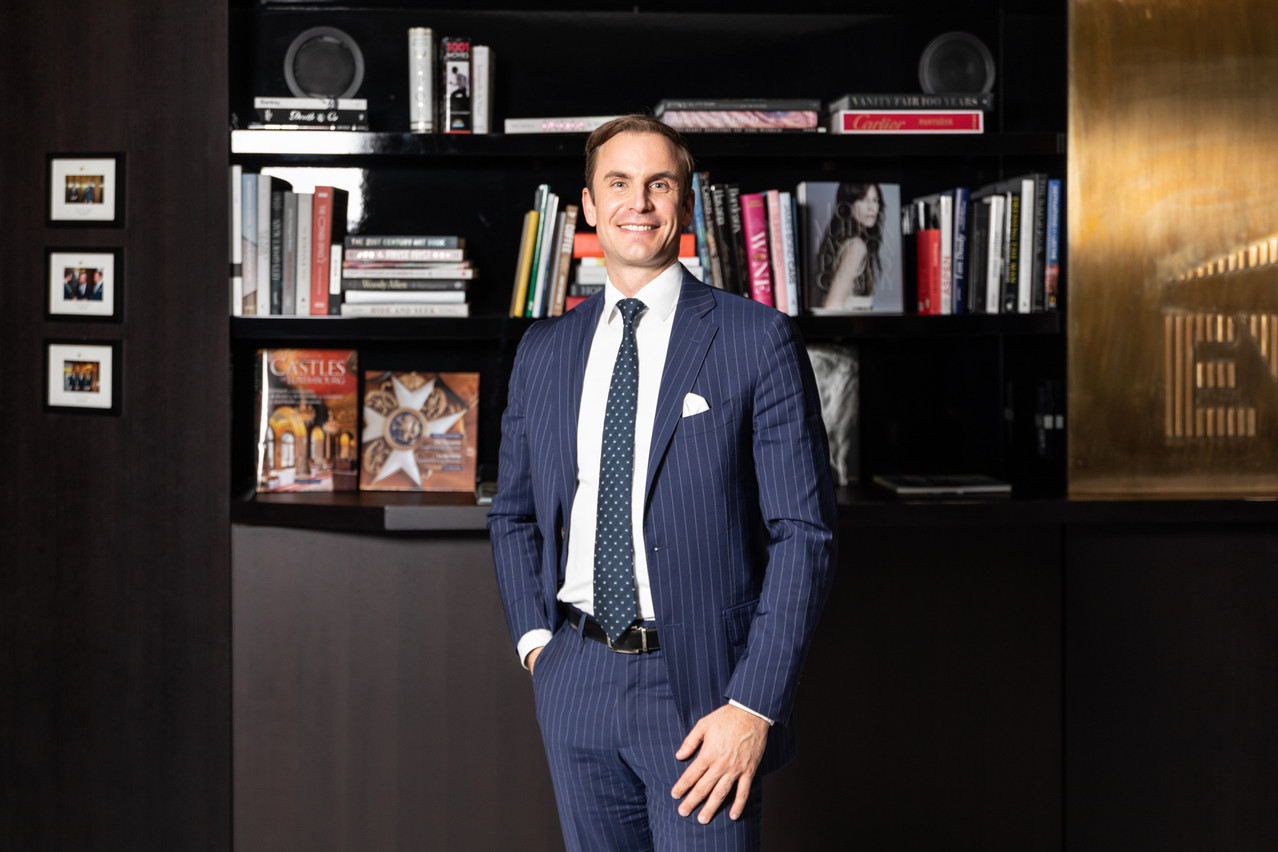What is the most important way private equity should adapt to the changing market?
Private equity houses need more than ever to focus on generating operational value. The era where leverage or standard buy-and-build strategies were sufficient to create financial value is likely over. Operational value creation also has strategic implications for the C-suite when investing in the talent and technology of operating companies. In a context where many small and medium enterprises are lagging in this area, private equity houses are ideally placed to play a key role considering the broad range of expertise they can line up to support this growth.
How can private equity reach out to new investors?
Private equity has historically been a space reserved for institutional investors. The upper-end segment of retail investors is now keen to also invest in the asset class and the European Union has committed to expand the investor outreach. This is underway with the current review of European Long Term Investment Fund (ELTIF) and will open up private equity to retail investors in 2023. The industry is already preparing for this significant change as it will drastically expand the initial investor base. Enhancing the investor experience, such as by offering improved transparency and investor reporting will be critical to succeed in tackling this change. Once again, talent and technology will play a paramount role in transforming this opportunity into success.
The attractiveness of Luxembourg has to remain high.
How has the macro-economic climate affected private equity funds?
A serious challenge that private equity now faces is stiff competition between funds both on the investment and fundraising side. The industry is more than ever looking at resilient companies that will be able to pass inflation back to their customers, manage expenses, and hedge the rising cost of energy. From a fundraising perspective, a solid track record in creating operational value on the ground regardless of the macro conditions is critical to the value proposition offered to investors.
What is the situation for operating companies?
If you are a CEO or founder of a small- and medium-sized business and are keen to have the support of a fund to expand your footprint either geographically or from a product perspective, you will go for the one that has the most expertise and experience in your field, one that can help you to extend to new markets, create new products, and improve how you operate. In most cases, the largest private equity houses and those active in specific niches have a competitive advantage and will likely have the strongest returns in the coming years.
How can Luxembourg strengthen its competi-tiveness in the field of private equity?
There are many steps that can be taken to ensure that Luxembourg strengthens its position as the largest fund domicile in Europe and the second largest in the world. First, we need to keep driving the innovation agenda, as we have been doing. This means listening to the market, stakeholders and local players. Also, we need to anticipate and embrace retailization that will come with ELTIF, much as we did by pre-adopting some of the components of the AIFMD that was passed in 2011.
Also vital is to remain the most pragmatic and knowledgeable member state of the EU 27. Regu-lations are not always clear at the European level, so we have to clearly demonstrate “how and why” we set market practice in the interest of investors as well as fund sponsors. Investors don’t like uncertainty and opacity, neither does the industry.
A serious challenge that private equity now faces is stiff competition between funds
To succeed on all these steps, we need to continue attracting talented and knowledgeable people. Without them, we cannot succeed in beefing up our local ecosystem, launching initiatives or innovating. The attractiveness of Luxembourg has to remain high. Ease of relocation, housing, quality healthcare, and education are all important factors. In this way, we should offer more opportunities for upskilling and movement across sectors for instance between the traditional asset management industry and alternatives. Our potential as a country is tremendous, also considering what we have already achieved. We need to strengthen our efforts to make it happen.
Selected CV Laurent Capolaghi
Private Equity Leader Laurent Capolaghi is leading the 400+ professionals Private Equity practice at EY Luxembourg and has been named Private Leader for the EMEA (Europe, Middle-East and Africa) region.
Experience in audit and advisory He has 18 years of experience in the audit and advisory of private equity, private debt and infrastructure mandates across all Luxembourg regimes.
Board and executive committee Laurent Capolaghi is a member of the executive committee of the Luxembourg Private Equity & Venture Capital Association and is sitting on the board of the Inclusive Finance Network Luxembourg, which promotes universal access to quality and affordable financial services.
Find more information on
